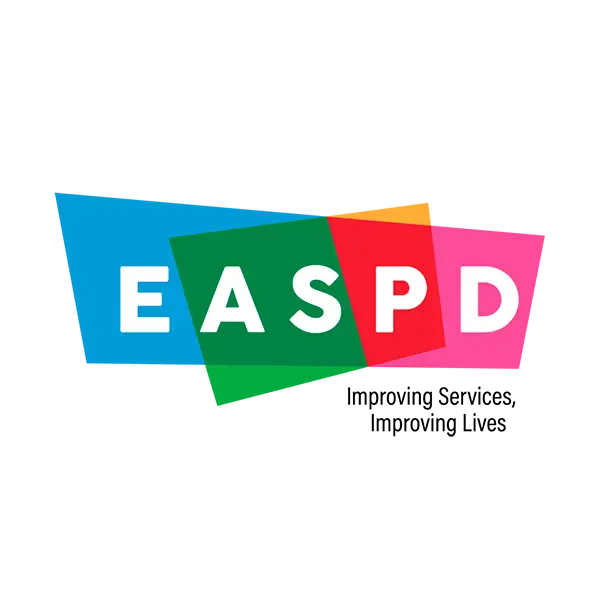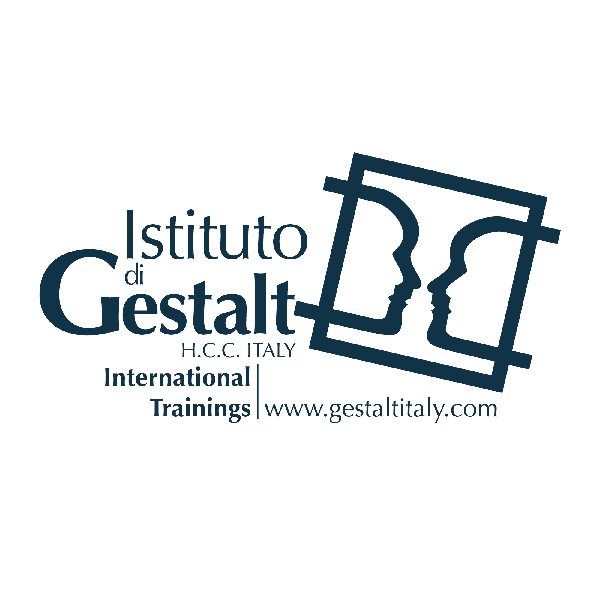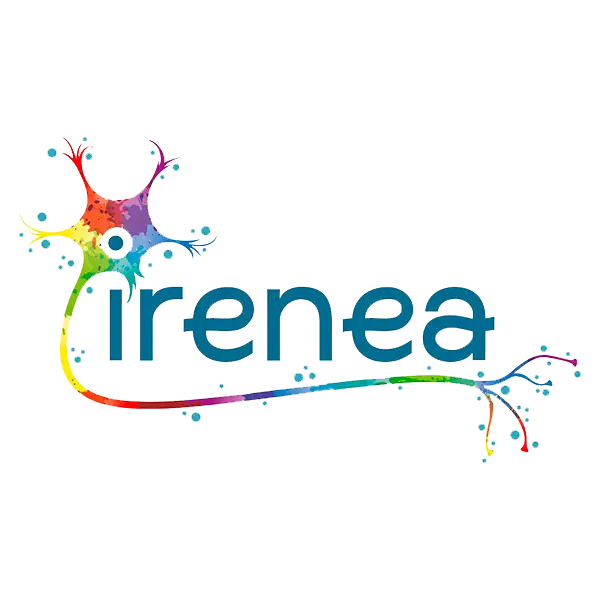European Association of Service providers for Persons with Disabilities (EASPD)
( Belgium )
EASPD – European Association of Service providers for Persons with Disabilities is an extensive European network, with 160 members, representing around 17,000 European services for people with disabilities.
Its main objective is to promote equal opportunities for people with disabilities through effective and high quality service systems. Its work focuses on three interconnected pillars:
- Impact: on European policy,
- Innovation: carrying out studies and developing international projects, and
- Information: to keep all its members up to date on important EU policy developments in the disability and social sector.
To this end, the EASPD and its members are committed to using and developing models of good practice to promote respect, inclusion, rights based effective participation and full citizenship for the people it supports, following the principles enshrined in the UN Convention on the Rights of Persons with Disabilities. As such, it advocates for the quality, accessibility, affordability and availability of health and social services for all Europeans.
EASPD and its members have a long-standing collaboration and partnership with user organisations, employers, universities and researchers, education providers and authorities at all levels to provide them with high quality services that promote the full participation and inclusion of all people with disabilities in society.
In addition, each year, it organises a series of events for its members and partners, such as international conferences, networks of service providers, Disabled People’s Organisations (DPOs), human rights bodies, EU or Member State officials and researchers, to provide information on important EU policy developments in the disability and social sector, studies and projects, and at the same time allow our members to provide input, from the grassroots, and discuss employment, education and independent living issues with each other and with other stakeholders. This is so that we can discuss how best to respond to new challenges and opportunities in the sector, as well as exchange knowledge and good practice.




